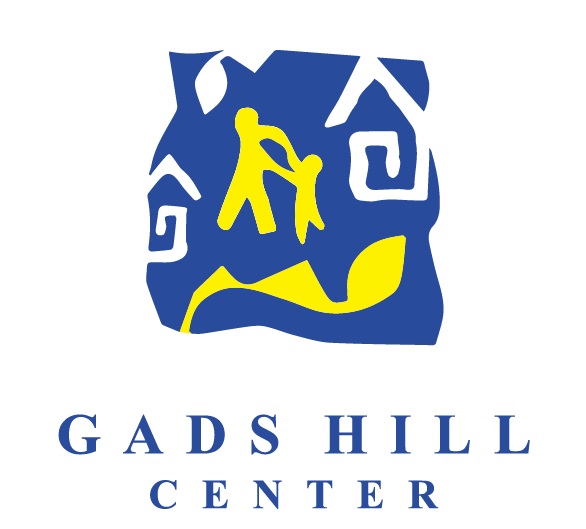On March 10, a parade of dozens of young people marched down Ogden Avenue in Douglas Park on the city’s Southwest Side. Decked out in bright yellow t-shirts emblazoned with the slogan “Count Me—Inclúyeme,” the grade-school children, led by after-school educators from the nonprofit family resource organization Gads Hill Center, carried brightly colored crepe-paper pom-poms and handmade signs that read “Census 2020: Children Count.” The vibrant parade would be the last census outreach event Gads Hill was able to hold in person. The following week, an order by Governor J.B. Pritzker closed schools across the state in response to the COVID-19 outbreak. Since then, Gads Hill has transitioned to doing census outreach primarily online.
Founded in 1898 as a settlement house—a social reform movement championed by Jane Addams—on Chicago’s lower West Side, Gads Hill Center provides after-school programming and resources to families in Pilsen, North and South Lawndale, Little Village, Brighton Park, and Chicago Lawn. “Our mission is to build opportunities for children and their families to build strong lives through education, access to resources, and community,” said executive director Maricela Garcia. In addition to allocation of congressional representation, the census determines the community’s access to resources, which affects the center’s mission. “Billions of dollars in federal money is calculated based on the count,” she said.
Garcia said the community the center serves is at risk of being undercounted in the census. In 2010, the census response rate was between sixty and sixty-five percent in the communities Gads Hill serves. Gads Hill works with immigrants, families who are in transition from homelessness, and people who don’t speak English—all groups that are at risk of being undercounted. The organization also serves children less than five years old, “which is also a historically undercounted population,” Garcia said. “We’re very concerned that the communities that need the most programs and investments in their neighborhoods are the ones that are historically undercounted.”
Rosa Rubio, the community programs coordinator at Gads Hill, said the organization has partnered with The Resurrection Project, the Pilsen Neighborhood Council, and other neighborhood organizations to maximize the impact of their outreach efforts.
Fear of deportation has been a significant barrier to convincing many immigrants—documented or otherwise—to fill out the census. “A lot of families fear that this is information that is going to be used for other purposes” such as identifying those who may lack immigration documents, Garcia said. In February, the Trump administration announced it would be sending Customs and Border Patrol tactical units to Chicago and other sanctuary cities, a move that could exacerbate fears and depress census responses further. “Immigrants are really under siege,” Garcia said. “Some of our communities are really scared. Immigrants have been an easy target for this administration, and as such, that is our fear—that they are not going to participate even at the sixty-five percent that they participated in 2010 because of the constant attacks.”
Rubio added that when outreach teams have talked to families, they have often heard concerns about whether the census asks for place of birth or citizenship status. She and her teams have reassured them it does not.
Since schools closed March 17, Garcia said the organization has been able to stay in touch with 996 families, or about eighty-five percent of their clients. “We are very confident that a significant percentage of [these] families are going to fill out the census form, because they have been reminded constantly, every week” by outreach staff. Gads Hill also followed up with email blasts to former after-school program participants to ensure they knew how and when to fill out the census.
“The consequences are so deep and long-lasting,” Garcia said. “I feel that every organization that has a strong relationship and trust with the communities we serve has to be participating in the census.”
The Weekly’s reporting on the 2020 Census is supported by a grant from the McCormick Foundation, administered by the Chicago Independent Media Alliance.
Jim Daley is the Weekly’s politics editor.

